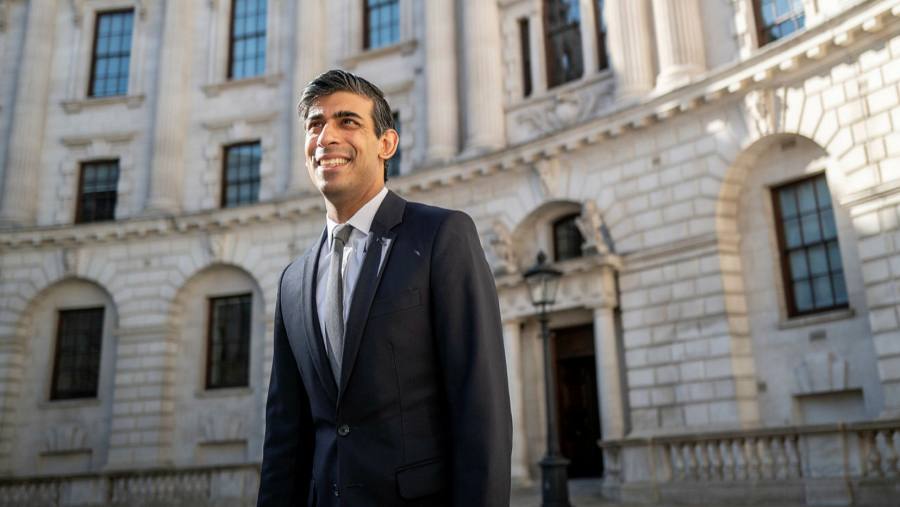[ad_1]
In July 2016, George Osborne, then chancellor of the exchequer, stated his desire to lower the rate of corporation tax to 15 per cent, having already lowered it from 28 to 19 per cent. Rishi Sunak, current chancellor, is expected to reverse course in his Budget on Wednesday. If so, that would be a telling symbol of how Covid-19 and the reaction against the austerity introduced by David Cameron’s government in 2010 have shifted political realities. Brexit Britain is not to be the low-tax country many Conservatives desired.
Many accepted even before Covid that taxes must rise. The pandemic has made it obvious to almost all. This does not mean they must be raised while the economy is so weak. But, once the government reaffirmed the “triple tax lockâ€, which rules out higher rates of income, national insurance or value added tax, taxing corporate profits more heavily became ultimately inescapable.
Yet taxing profits is also problematic, since corporate capital is mobile and so important. The result has been fierce competition among fiscal jurisdictions. Osborne was an enthusiastic player of this game. Fortunately for Sunak, the rates he bequeathed were low. According to the OECD, the UK’s effective rate of corporate tax, at 18.4 per cent in 2019, was much the lowest among large, high-income countries. Under Donald Trump, the US lowered its headline rate to 21 per cent, but the Biden administration wants to raise this to 28 per cent.
In this context, a modest increase in the UK rate should create no real difficulty. Yet it is also unlikely to be a cornucopia. Each percentage point increase in the corporation tax rate would raise only £3.3bn — so even a rise of 5 percentage points would raise less than 0.8 per cent of gross domestic product in additional tax receipts. In 2017, the last year for which comparative data exist, receipts from corporation tax were 2.8 per cent of GDP in the UK, close to the OECD average of 3 per cent; Australia’s share was 5.3 per cent and Japan’s 3.7 per cent. But Australia can tax large resource rents, while foreign direct investment plays a relatively small role in Japan’s economy.
In the long run, the UK could not raise a substantially higher share of GDP without agreeing much greater co-operation among jurisdictions on rates and the sharing of information. The latter might be easier now, given the arrival of the Biden administration and last week’s EU Council decision to require large companies to report publicly on their profits and taxes paid per country. Yet how far will the UK wish to co-operate with the EU?
It must also not try to raise more revenue from business without considering the impact on the attitudes of foreign investors, as well as on corporate investment and borrowing. A higher tax rate makes the case for investment incentives stronger, especially since investment has been so low in the UK.
Were the chancellor desperate for revenue now, he could in theory impose a higher corporation tax for the next year or two, before lowering it to its new long-term rate. That would be a windfall tax on the businesses that thrived in the pandemic. Those that have made big losses would be shielded against a brief spike in rates, as would nearly all new investors in the UK.
The realisation that taxation on business income will play a part in stabilising the public finances is inevitable. This does not need to happen now, but when it does happen it must be done carefully. Most important of all, the hole in the UK’s public finances will not be filled by higher taxes on business alone. In the long run, the government will have to be much braver than this.
[ad_2]
Source link





